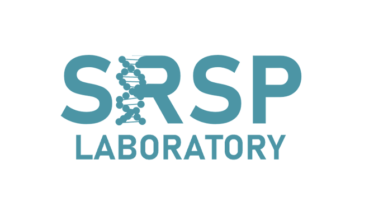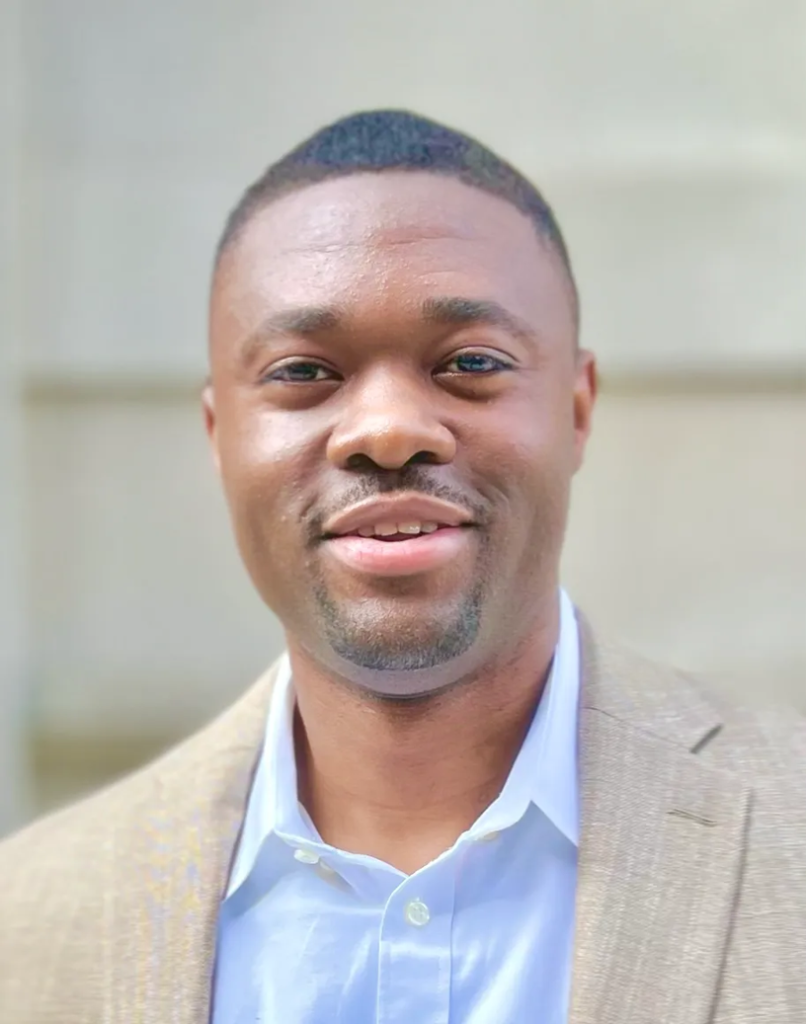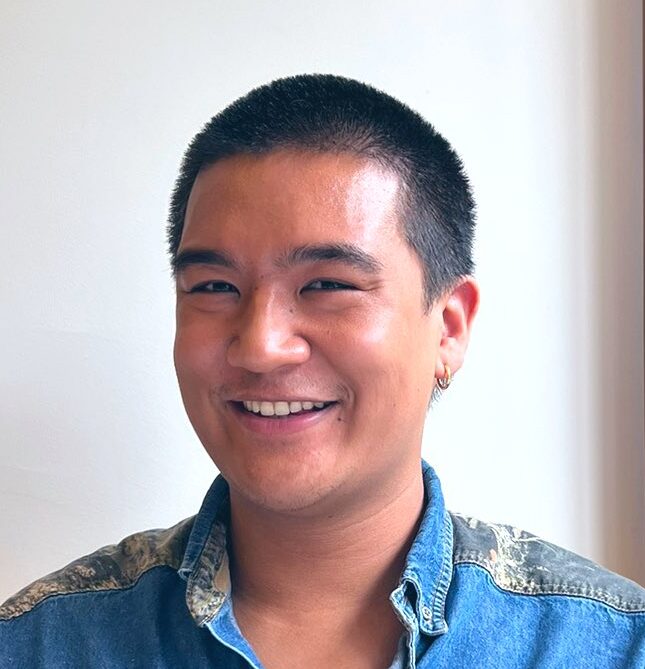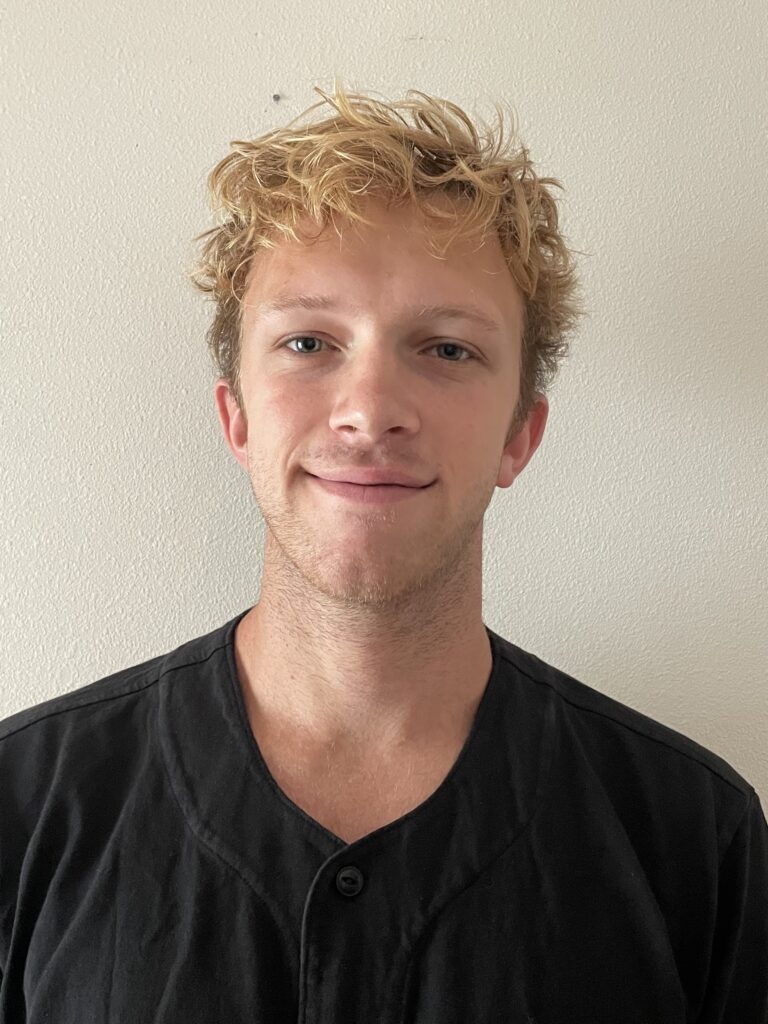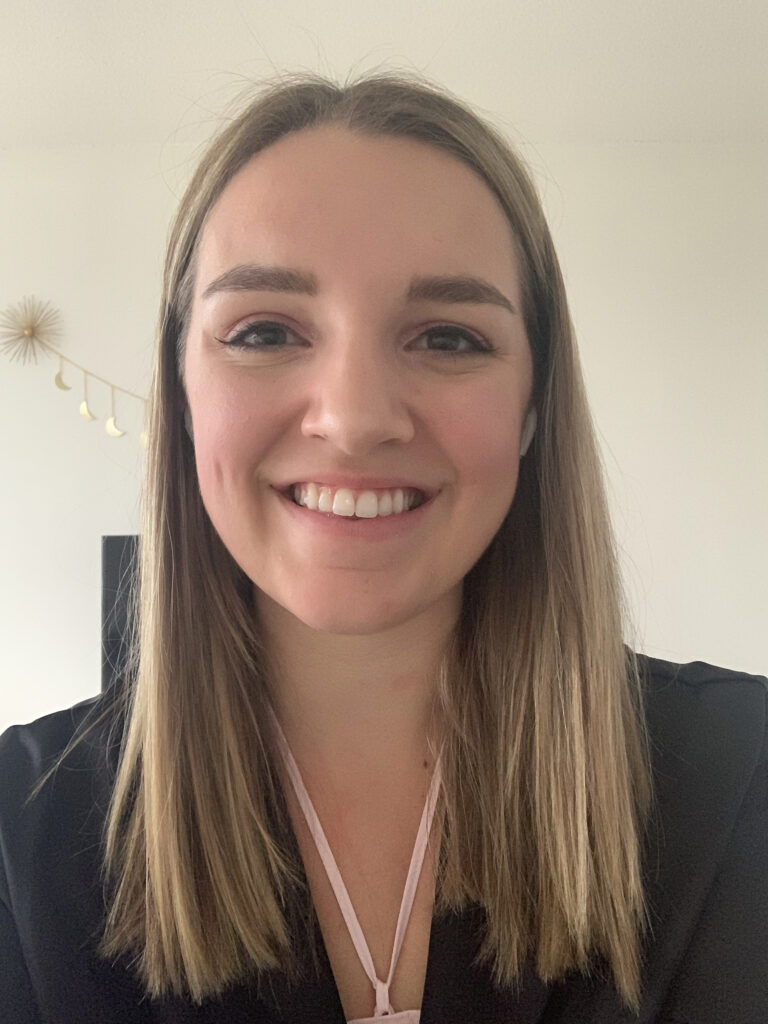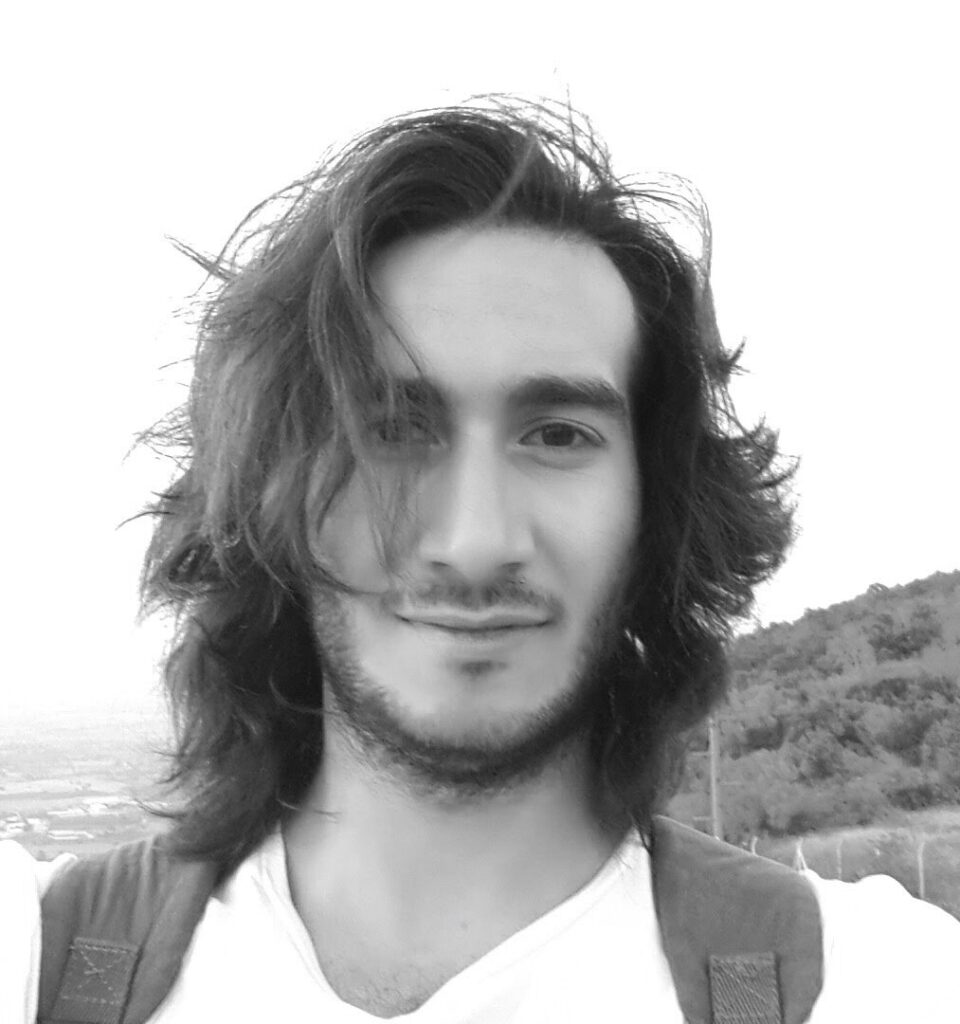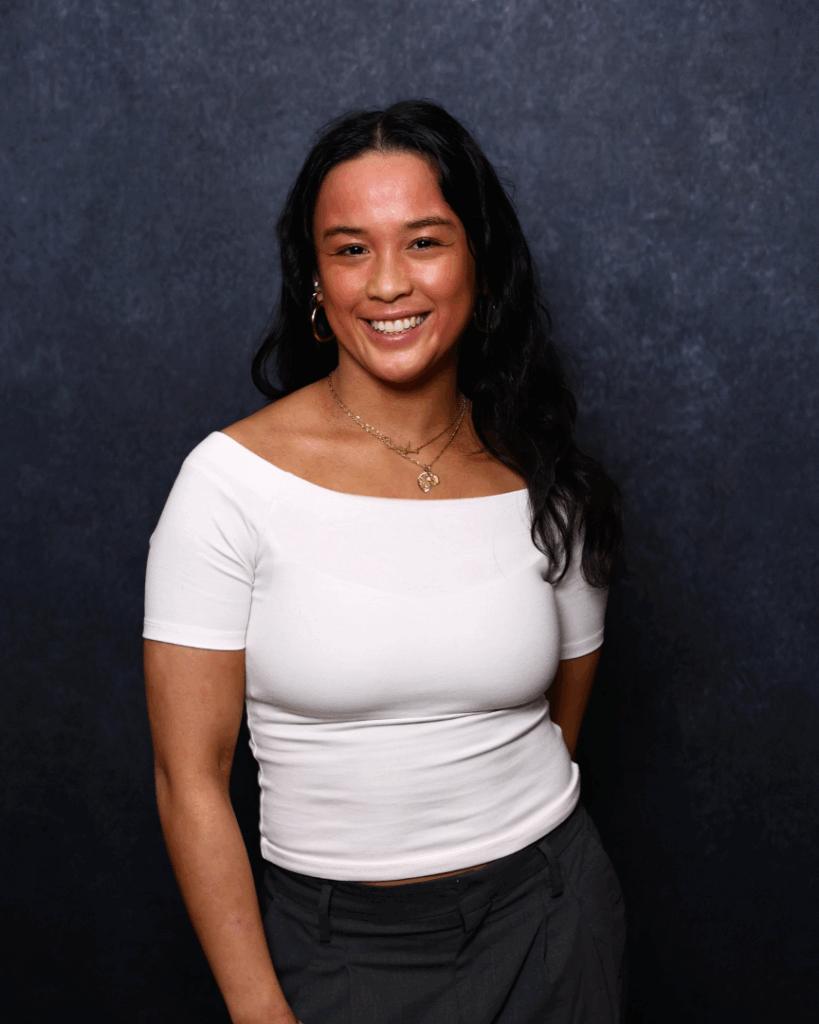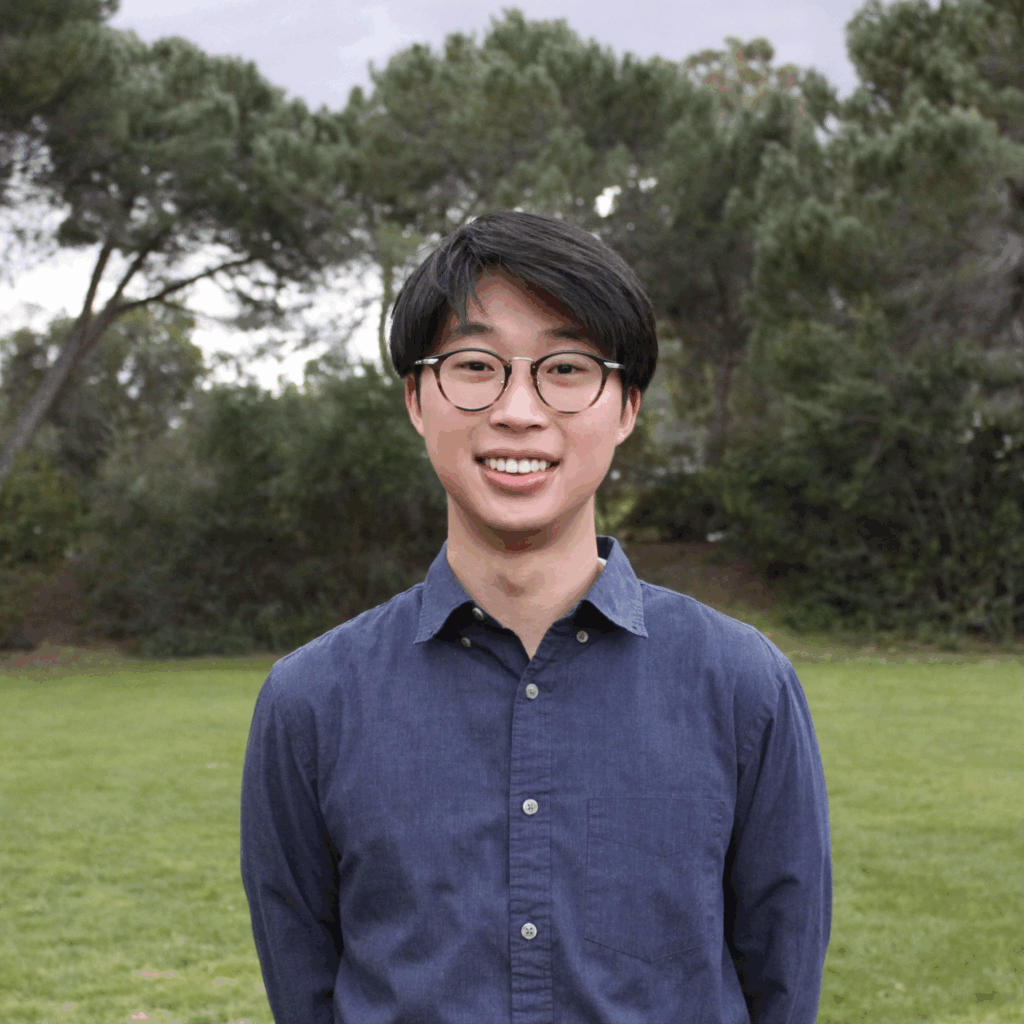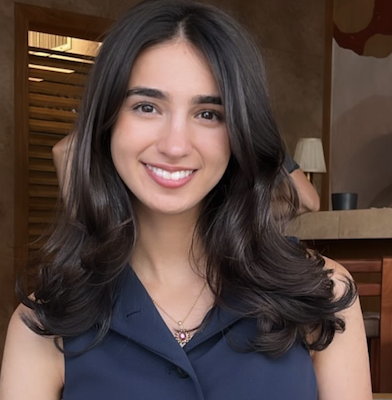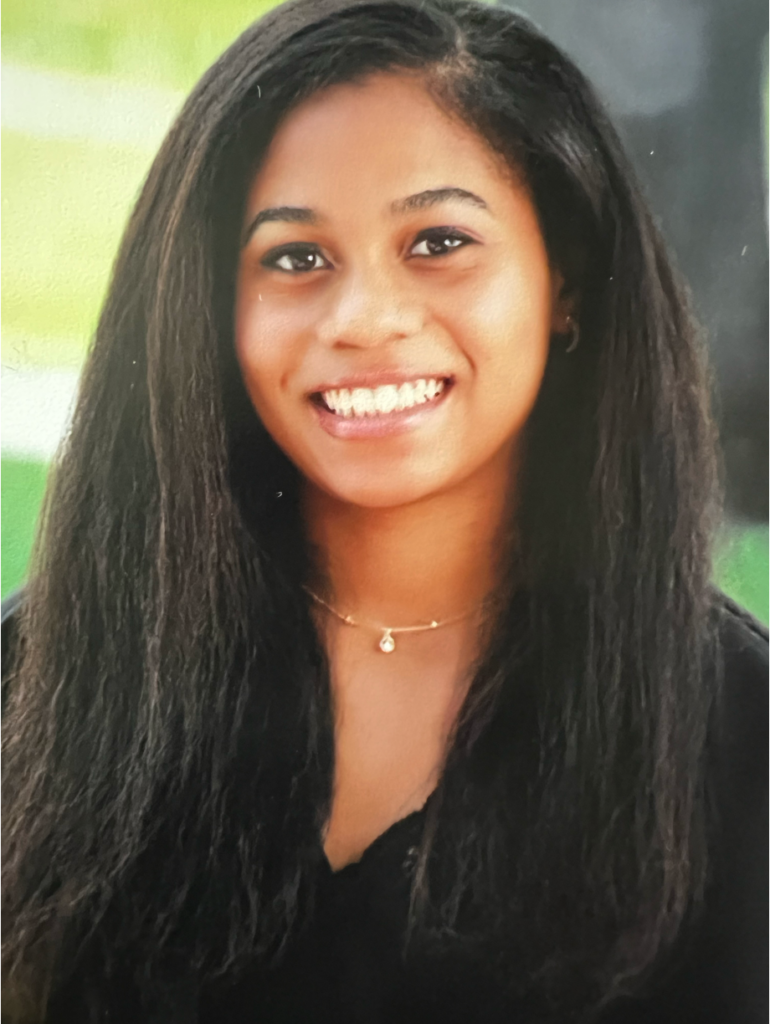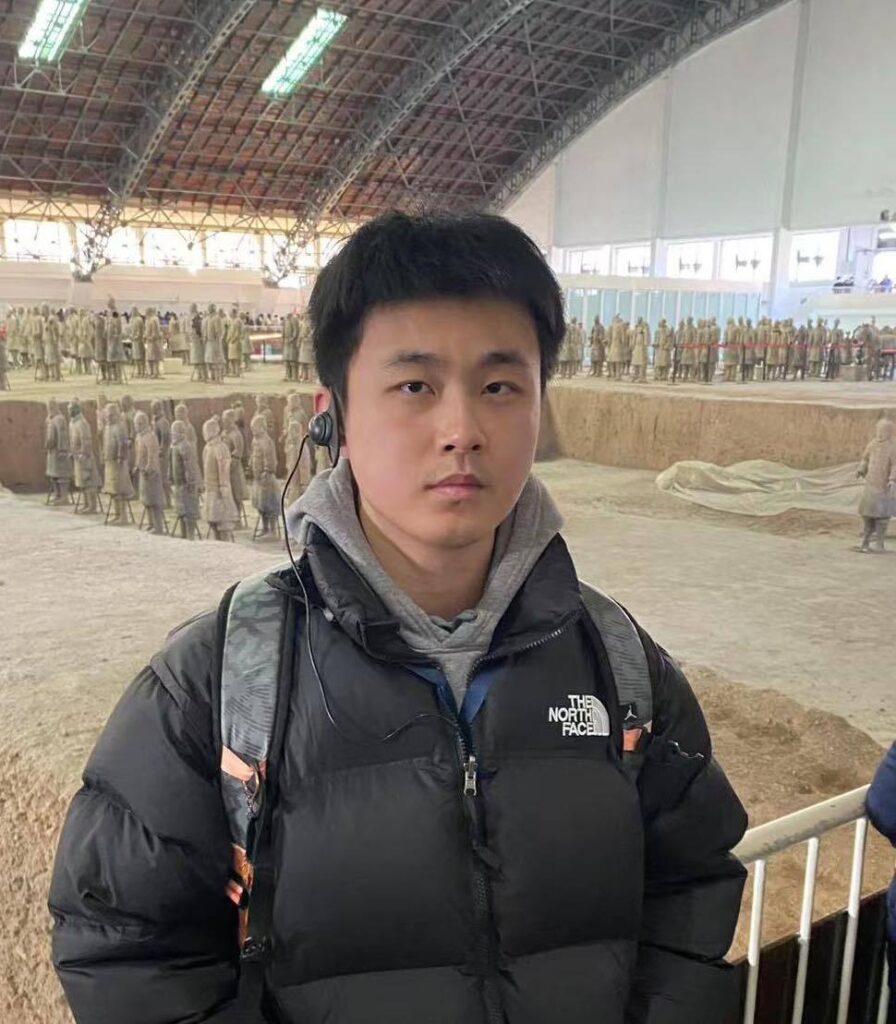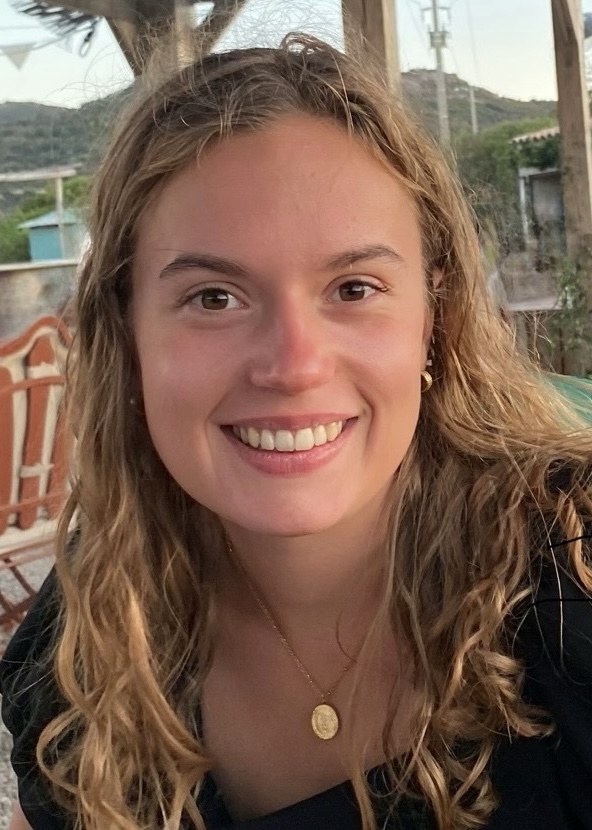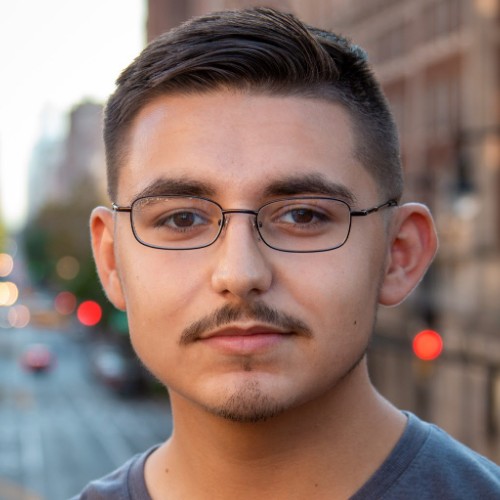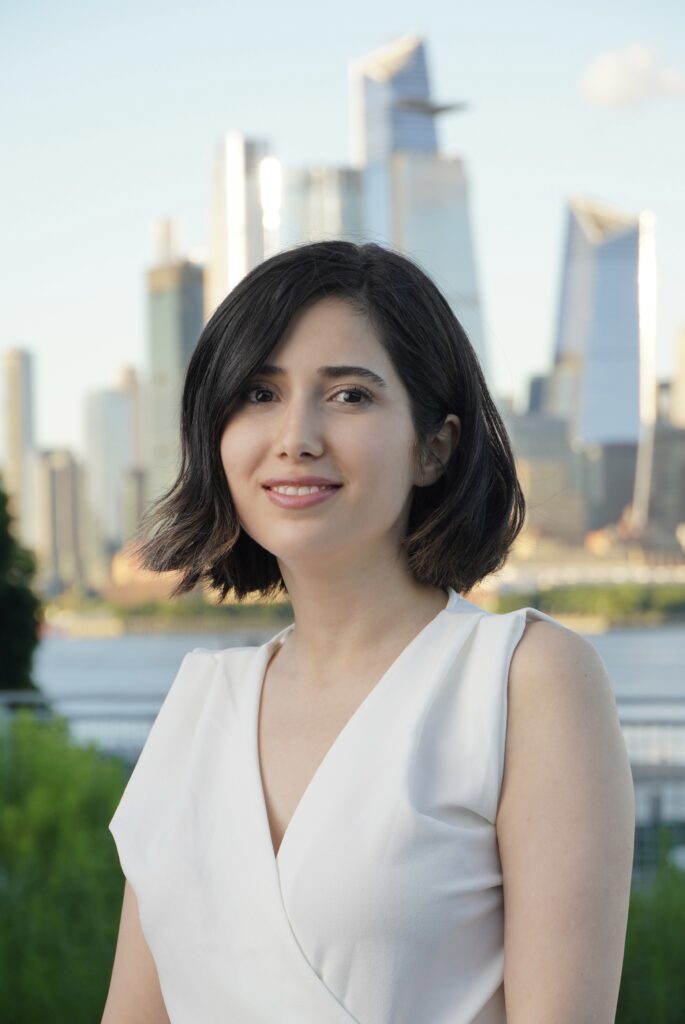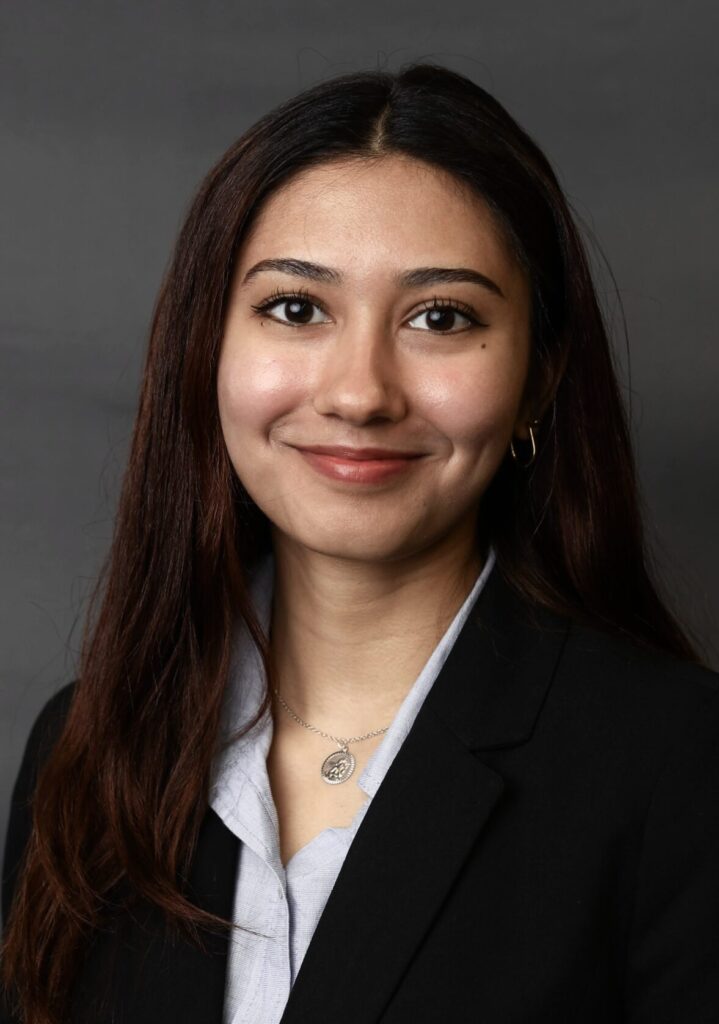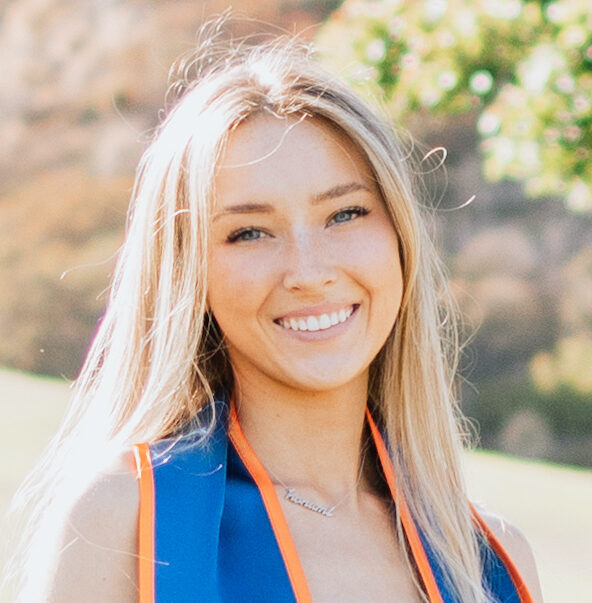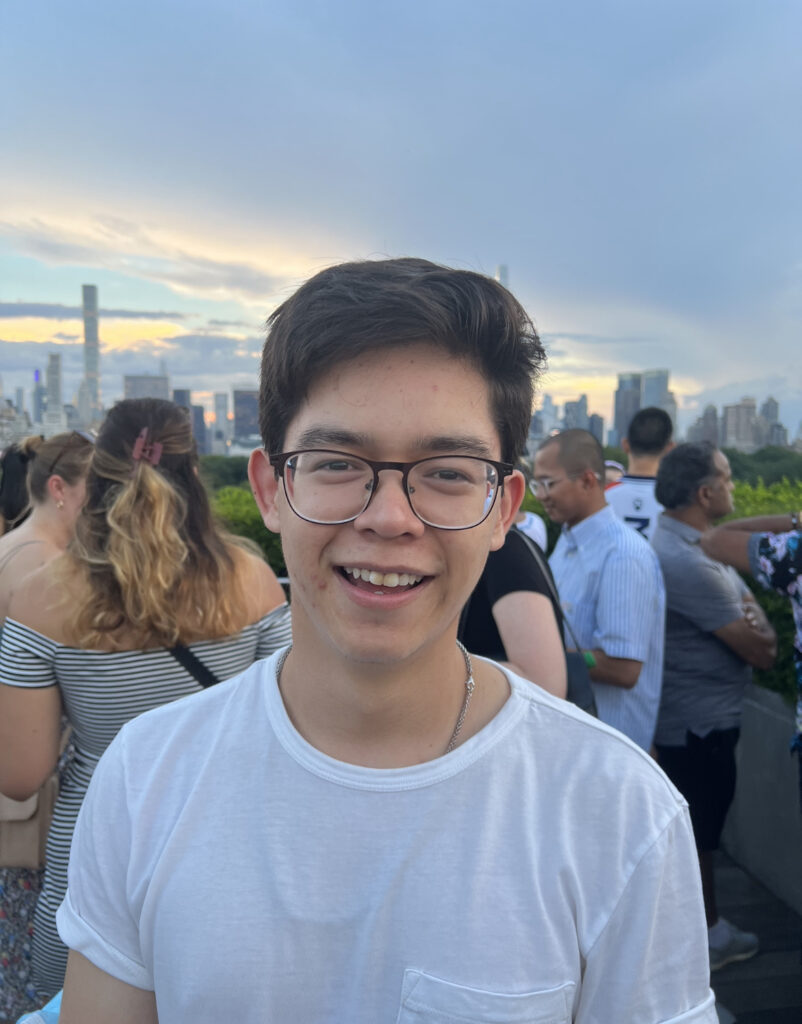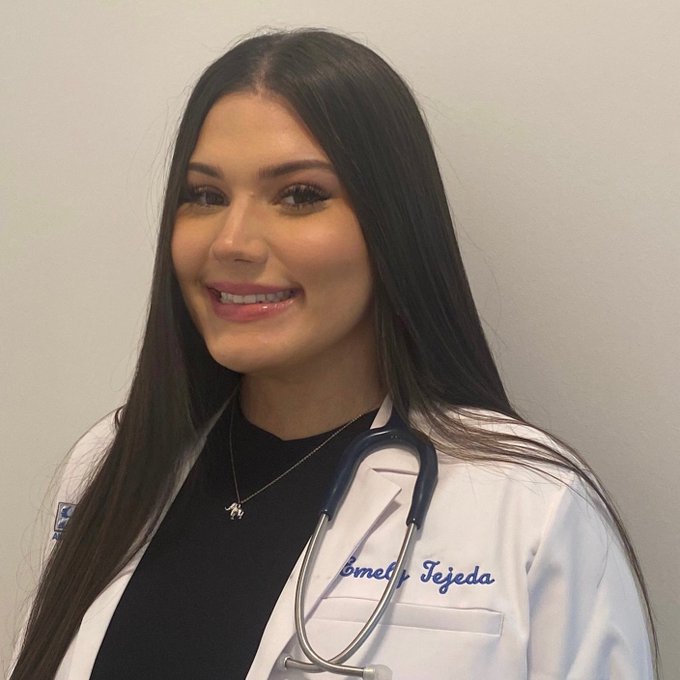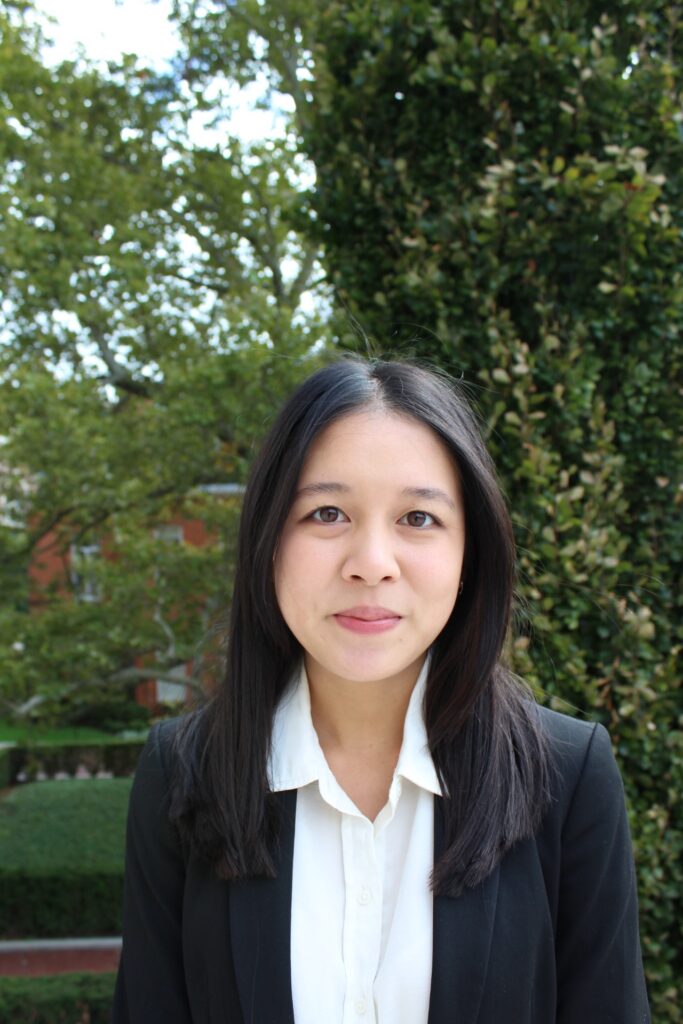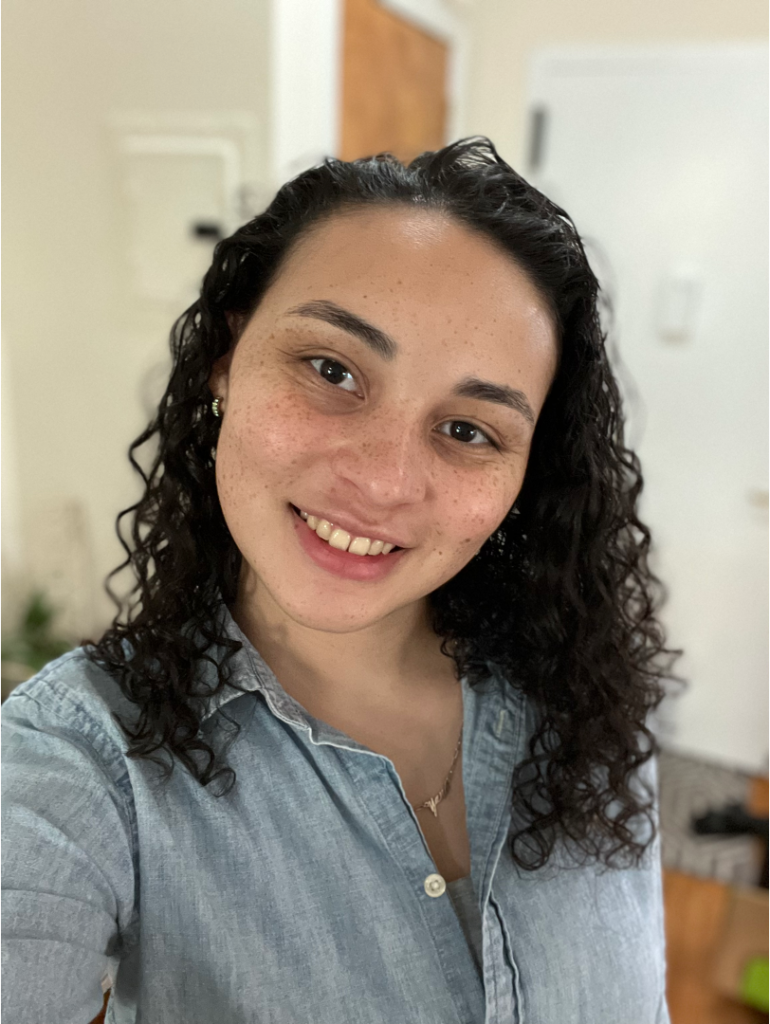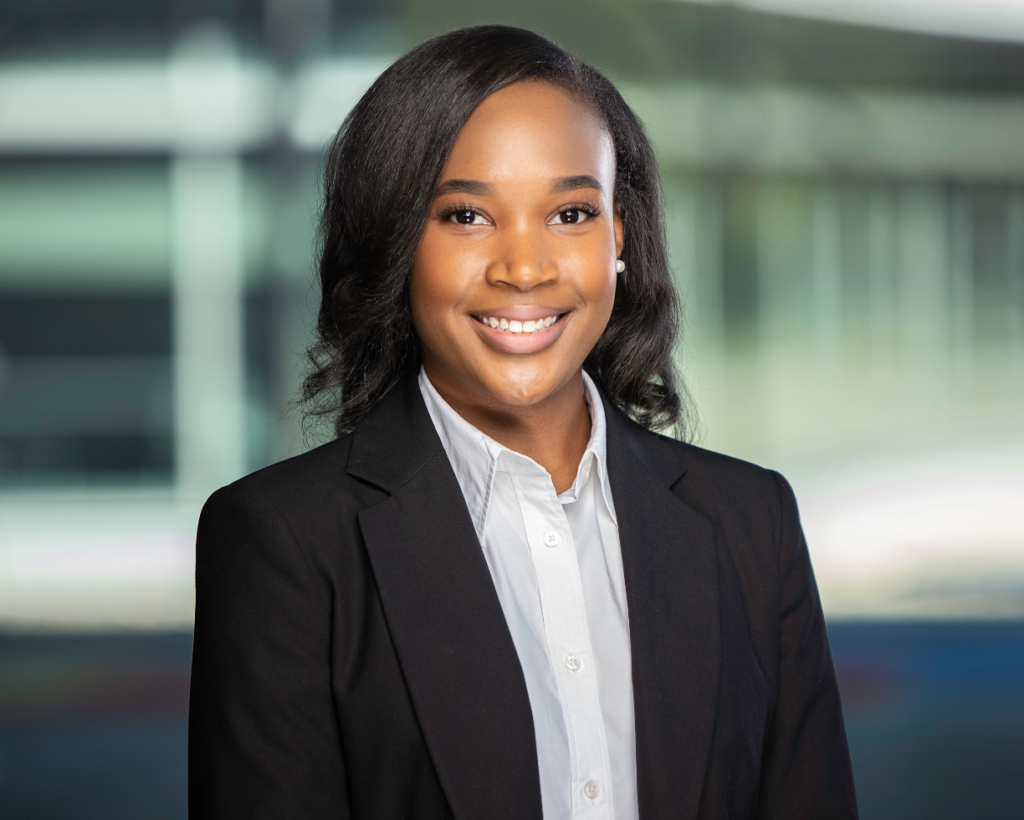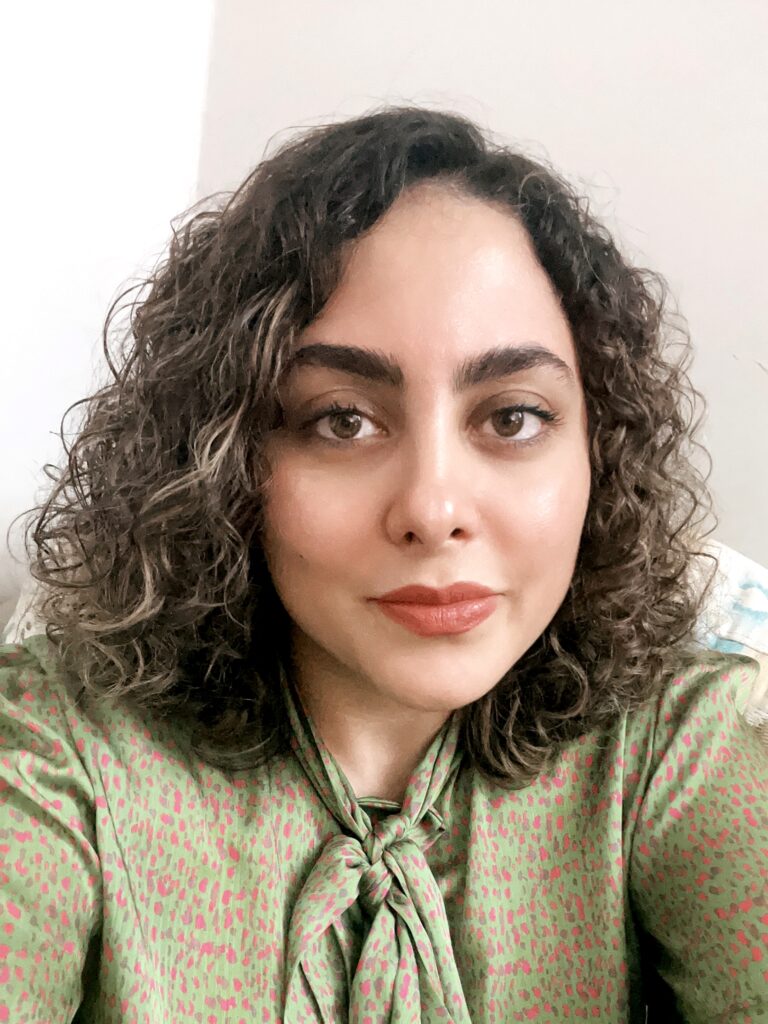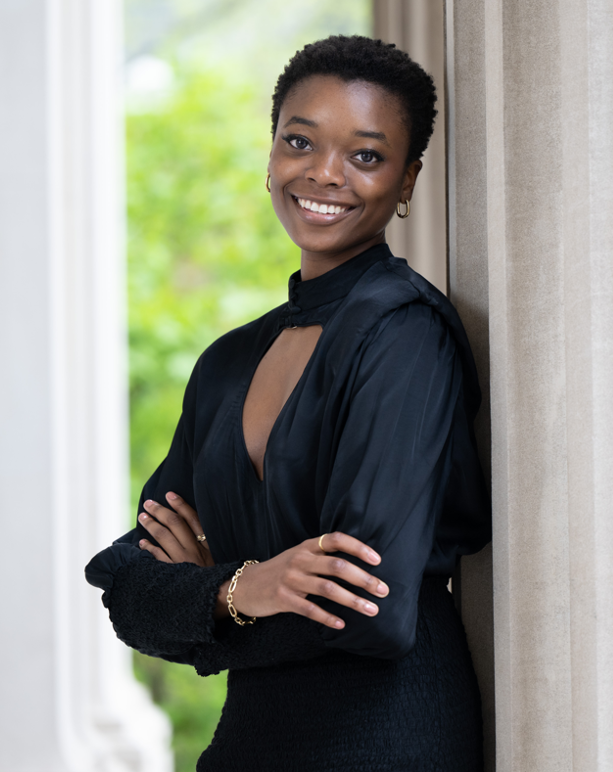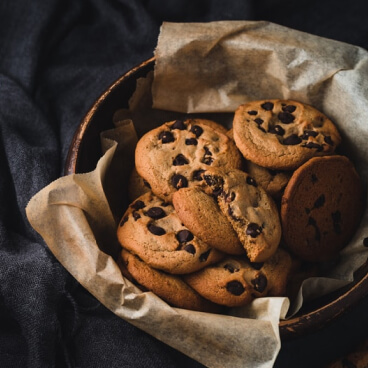SYNTHETIC REGENERATION & SYSTEMS PHYSIOLOGY LABORATORY
COLUMBIA UNIVERSITY IN THE CITY OF NEW YORK
Welcome to the SRSP Laboratory!
The Synthetic Regeneration and Systems Physiology Laboratory (SRSPL) launched in 2023 under the directorship of Yvon Woappi, Ph.D.
We investigate how heterogenous cells synchronize their activities to restore complex wounds. Therefore, we study tissue at systems scale. Toward this goal, we develop systems bioeengineering frameworks, 3D wound culture models, and gene-editing tools to understand the molecular and biophysical forces that enable distinct cells to synchronize organ repair after injury (physiology) or disease (neoplasia). Our group seeks to leverage this insight to develop next-generation therapies for large soft-tissue injuries.
We have three major research interests:
1. Defining the biophysical mediators of wound healing by constructing comprehensive molecular maps of deep mammalian wounds
2. Developing synthetic gene therapies to enhance the regeneration potential of mammalian tissue
3. Characterizing systems-level immunological responses to wounds and and building microphysiological systems (MPS) to study those wounds
Our Research
We are solving one of humanity's oldest queries — how do tissues heal? Our laboratory studies tissue systems regeneration, a systems bioengineering approach that investigates and manipulates the complex cellular heterogeneity of tissues to learn how to enhance their regenerative state.
Wound Physiology
Our research established the human skinoid culture system, which enables spatiotemporal modeling of human tissue reconstruction ex vivo. We are furthering this work by creating microphysiological systems mimicking human wound healing and using these platforms to identify novel therapies for human tissue damage.
Synthetic Regeneration
Our team is motivated to define the molecular events enabling heterogenous cells to orchestrate restoration of damaged tissue. We are developing synthetic biotechnologies coupled with data science frameworks to functionally dissect the role of the tissue “cellulome” in organ maintenance, neoplasia, and wound healing.
Wound Immunodynamics
Important to our work is the understanding of how localized immune cells enable proximal and distal orchestration of tissue stem cells towards healing. Our group employs quantitative systems immunology approaches to uncover novel immune contributions to tissue healing. We leverage this insight to develop synthetic immunosurveillance systems with prophylactic and therapeutic potentials for patients.
Computational Wound Physiology
Our work aims to define the molecular programs required to achieve mammalian tissue regeneration. We employ machine learning-powered gene identification tools validated by high-throughput interventional functional genomics to pinpoint the causal combinatorial changes necessary to promote wound regeneration.
"We choose to [go to the moon], not because it is easy, but because it is hard, because this goal serves to organize and measure the best of our energies and skills, because that challenge is one that we are willing to accept, one we are unwilling to postpone". - JFK, 1961
Our Team
Yvon L. Woappi | Curriculum Vitae
Director, Synthetic Regeneration and Systems Physiology Laboratory
Herbert and Florence Irving Assistant Professor
Department of Physiology & Cellular Biophysics | Department of Dermatology | Department of Biomedical Engineering
Vagelos College of Physicians and Surgeons
Fun fact:
I was nearly born a triplet, but missed it by 1 year, 5 months, and 18 days.
Favorite quote:
“When you rise to the summit of a mango tree, those on the ground should taste ripe fruit”. – African Proverb
Favorite book: L’Affaire Caïus by Henry Winterfeld
Can Ozcan
Uludag University | Doctor of Veterinary Medicine/Ph.D.
Associate Research Scientist in Biomolecular Engineering, Columbia University
Fun fact: I Once lived with 3 dogs and 4 cats.
Favorite quote: “An expert is a person who has made all the mistakes that can be made in a very narrow field.” — Niels Bohr
Team: Synthetic Biology
Marissa Esteban
BS, University of San Diego | Computer Science
INTEGRITY Research Fellow, Columbia
University
Fun fact: I swim and do jiu jitsu!
Favorite book: The Four Agreements & The Hunger Games Series
Favorite quote: “When you want something, all the universe conspires in helping you achieve it” from the Alchemist
Team: Computational Physiology
Zixuan Li
BS, Purdue University | Computer Science
MS student, Biomedical Engineering at
Columbia University
Fun fact: I used to build the camera software at Apple, so if you’ve ever taken a photo, recorded a video, or had a video chat on an iPhone, iPad, or Mac, then we’ve actually “connected” long before this moment !
Favorite quote: “In the beginner’s mind there are many possibilities, but in the expert’s there are few.”- Zeb Mind, Beginner’s Mind by Shunryu Suzuki
Team: Wound Genomics
Tori Fergus
Columbia University | Biology
Undergraduate student, Independent study at Columbia University
Fun fact: I am a photographer for my school’s Columbia Spectator Magazine.
Favorite quote: “People will forget what you said, people will forget what you did, but people will never forget how you made them feel” – Maya Angelou..
Favorite book: Twice as Hard by Jasmine Brown
Team: Wound genomics
Rotation students and Alumni
Michael Safarov
BS, Baruch College | Biology
Undergraduate student, Independent study
Fun fact: I have a fraternal twin brother.
Favorite quote: “Life is like riding a bicycle. To keep your balance, you must keep moving.” – Albert Einstein
Favorite Book: Mindset: The New Psychology
of Success Book by Carol Dweck.
Team: Wound genomics
Adeline Ménard
BS, École Normale Supérieure PSL (ULM) | Biology
MSc student, Biology Program at École Normale Supérieure Paris (M1) at Columbia University
Fun fact: I was born on the first day of the year.
Favorite quote: The whole world is a series of miracles, but we’re so used to them we call them ordinary things.” – Andersen
Favorite book: Favorite book: Un avion sans elle – Michel Bussi
Team: Synthetic biology
Dreyton Amador
BS, Columbia University | Biomedical Engineering
Research Assistant
Fun fact: I am named after Drayton Valley, a small town in Alberta, Canada. A place that I have never been nor wish to go.
Favorite quote: “We won’t be distracted by comparison if we are captivated with purpose” -Bob Goff
Team: Wound genomics
Eva Chen
BS, Arizona State University | Biochemistry
PHD student, Integrated Program in Cellular, Molecular, and Biomedical Studies at Columbia University
Fun fact: I can wiggle both of my ears.
Favorite quote: “You miss 100% of the shots you don’t take”.
Favorite book: Love and Other Words by Christina Lauren.
Team: Synthetic biology
Pooja Pathak, MS2
BA, Texas A&M University | English Literature
MD student, Texas A&M University
Fun fact: I lived in Spain with a host family during undergrad!
Favorite quote: “It’s only after we’ve lost everything that we’re free to do anything.”
Favorite book: East of Eden by John Steinbeck
Team: Immunodynamics
Jose Pomarino Nima
BS, Columbia University | Biomedical Engineering
MS student, Biomedical Engineering at Columbia University
Fun fact: I speak 5 languages.
Favorite book: “Never be so polite, you forget your power. Never wield such power, you forget to be polite” – Taylor Swift
Team: Computational physiology
Britney Forsyth
BS, Pennsylvania State University | Biomedical Engineering and Mathematics
MS student, Biomedical Engineering at Columbia University
Fun fact: “Too much joy, I swear, is lost in our desperation to keep it.” – Ocean Vuong
Favorite book: On Earth We’re Briefly Gorgeous by Ocean Vuong
Team: Computational physiology
Zohreh Ranjbar
MS, QIAU | Information Technology Engineering
Research Assistant
Favorite book: The Forty Rules of Love by Elif Shafak. It is about Maulana Jalal-Ud-Din, known as Rumi, and his companion Shams
Tabrizi. This book explains how Shams transformed a scholar into a Sufi
(mystic) through love.
Favorite quote: “The goal is to turn data into information, and information into insight”
Team: Computational physiology
Official lab snack | Curriculum Vitae
The chocolate chip cookie
Fun fact:
I was invented in the U.S by Ruth Wakefield in Whitman, MA
Favorite quote:
“Yummy”
